All polls show that the French governing forces are gaining less and less support in the upcoming EU elections. This particularly applies to Emmanuel Macron's Renaissance party. The latest survey by the IFOP polling company shows that the party's support among the youngest voters barely reaches three per cent. This is not only a political failure, but also an image disaster, writes the international V4NA news agency.
Macron's party can rely on the elderly, with support for the Renaissance EP list polling at 31 per cent among over-65s, according to IFOP data, while the other parties of the French elite – Les Republicains at seven per cent, the Socialists at six per cent – do not enjoy the backing of young people.
The survey also reveals that young people say they are more patriotic than their parents. They stand up for the republic and believe that France is in a culture war. This is just the opposite of what Macron and his people have been preaching for years, which France's president summed up in one of his statements, saying:
There is no such thing as French culture, there is culture in France.
The right wing in France can count on 45 per cent of the young people, with Marine Le Pen's National Rally getting support from 35 per cent of young people, and Reconquete, headed by Eric Zemmour, and Les Republicains receiving three and seven per cent respectively.
Polls show that young people do not vote for extremist parties, but for those that can be associated with a certain hierarchy of values, views and principles. According to Polish publicist Dariusz Matuszak, Poland should be rooting for Macron's party to achieve the worst possible result. It was Valerie Hayer, the top candidate on this EP list, who spoke publicly on television about forcing Poland to take in illegal immigrants, among other issues.
According to Mr Matuszak, the EP elections could turn out to be a real disaster for Macron. If the Renaissance is indeed defeated as badly as the opinion polls suggest, this would effectively strip the president's party of the legitimacy to govern. Macron's party could be relegated to third place in the power rankings.
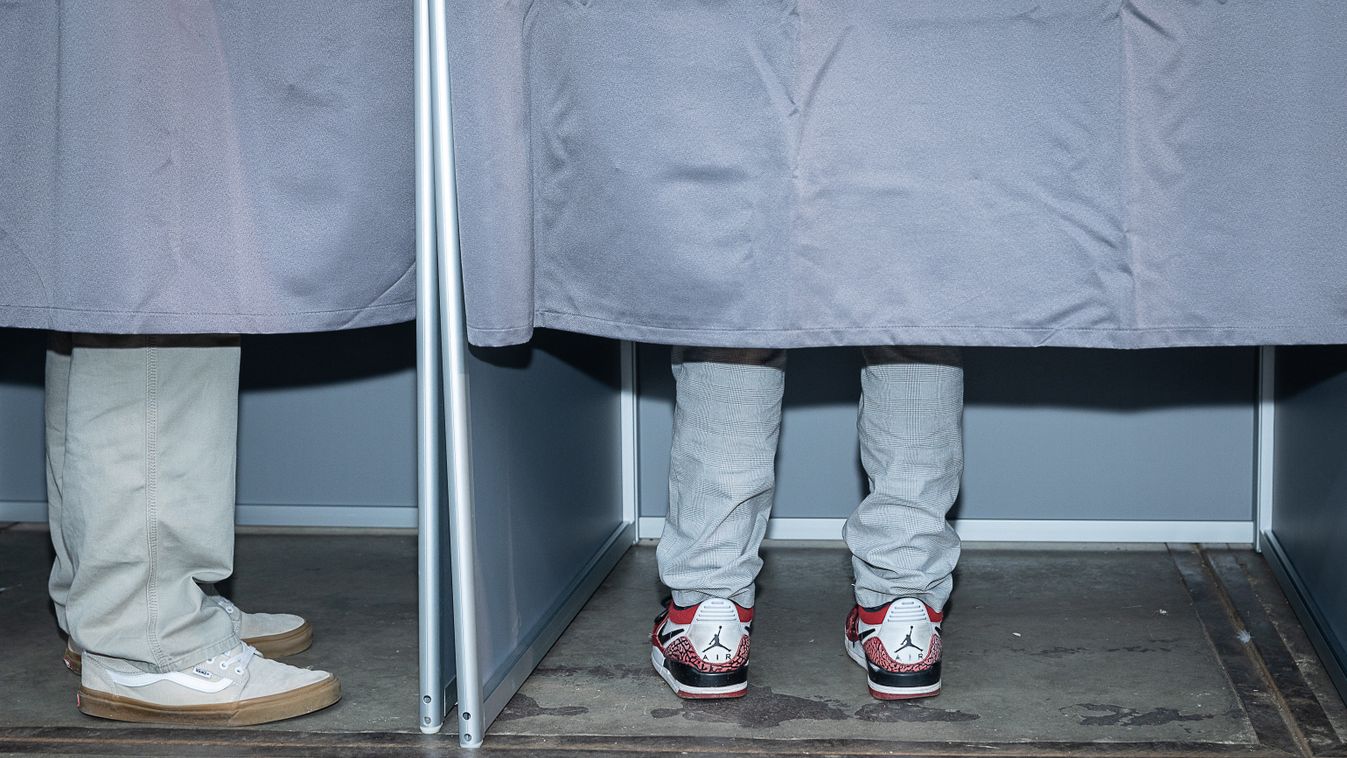












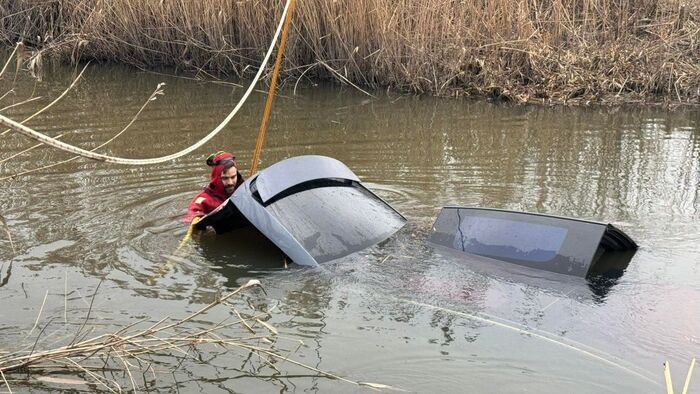
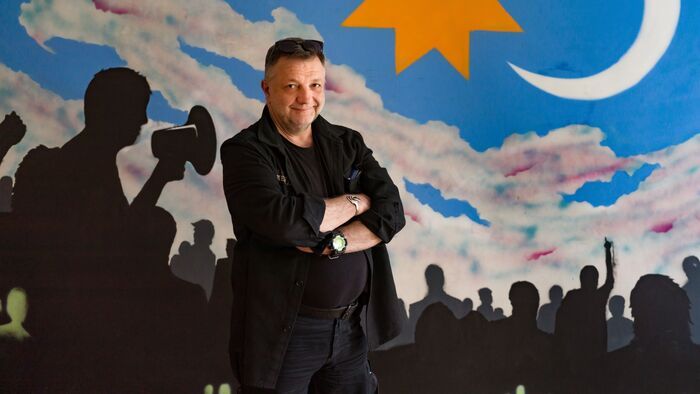





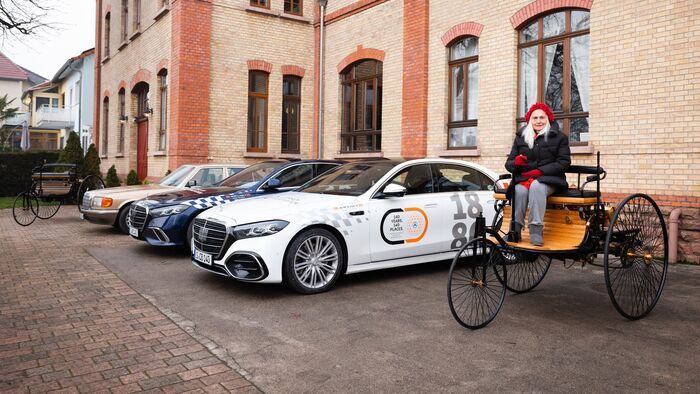
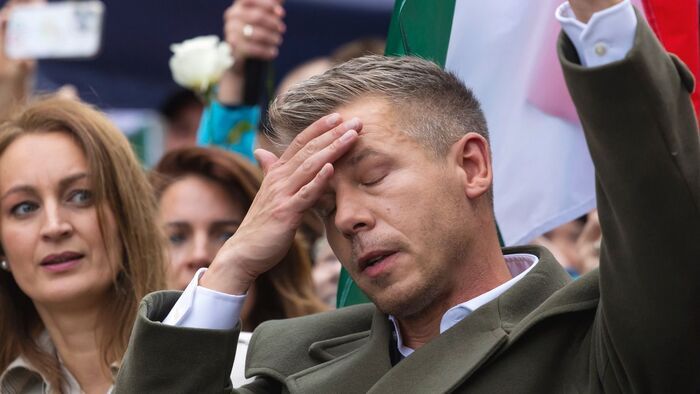

Szóljon hozzá!
Jelenleg csak a hozzászólások egy kis részét látja. Hozzászóláshoz és a további kommentek megtekintéséhez lépjen be, vagy regisztráljon!